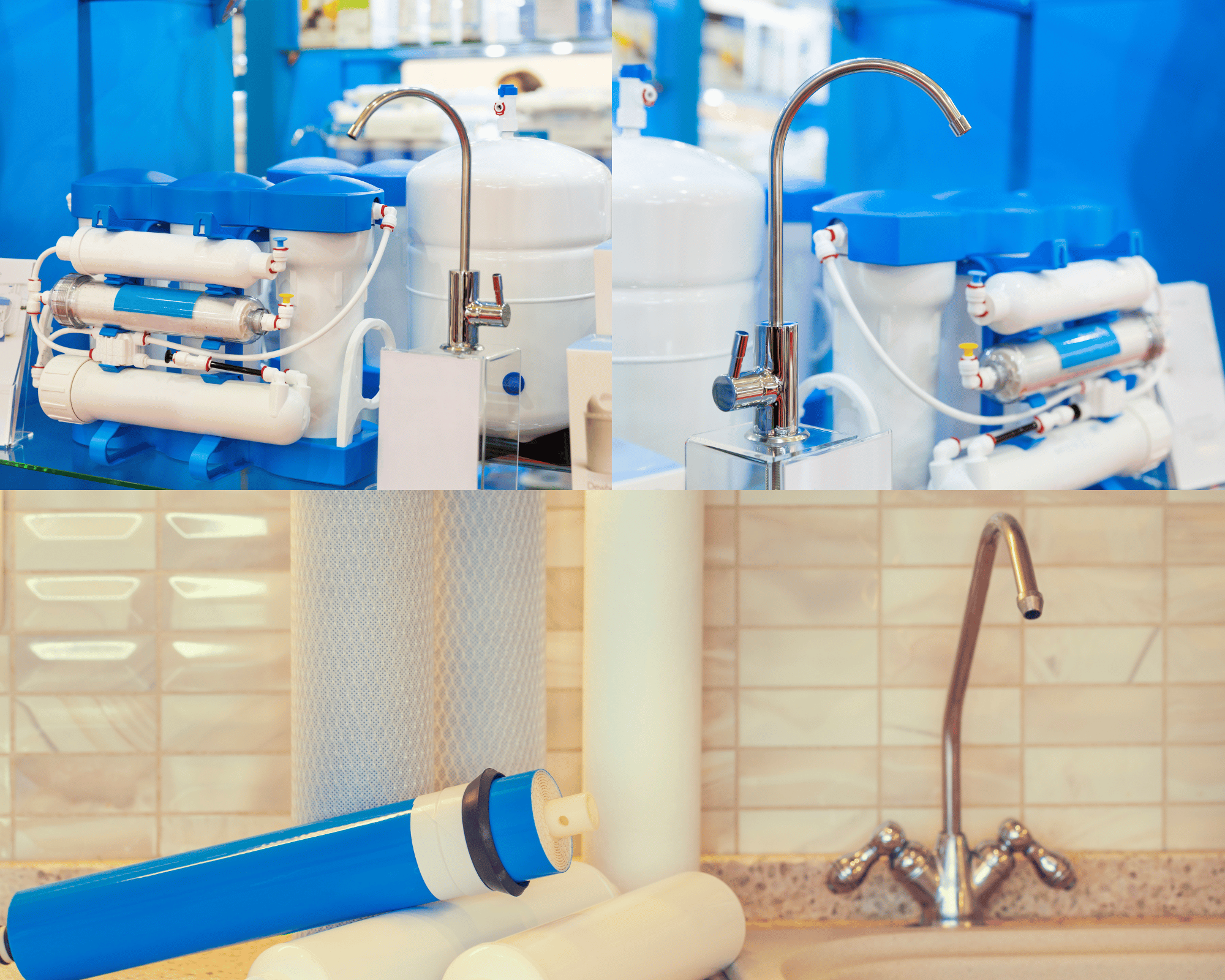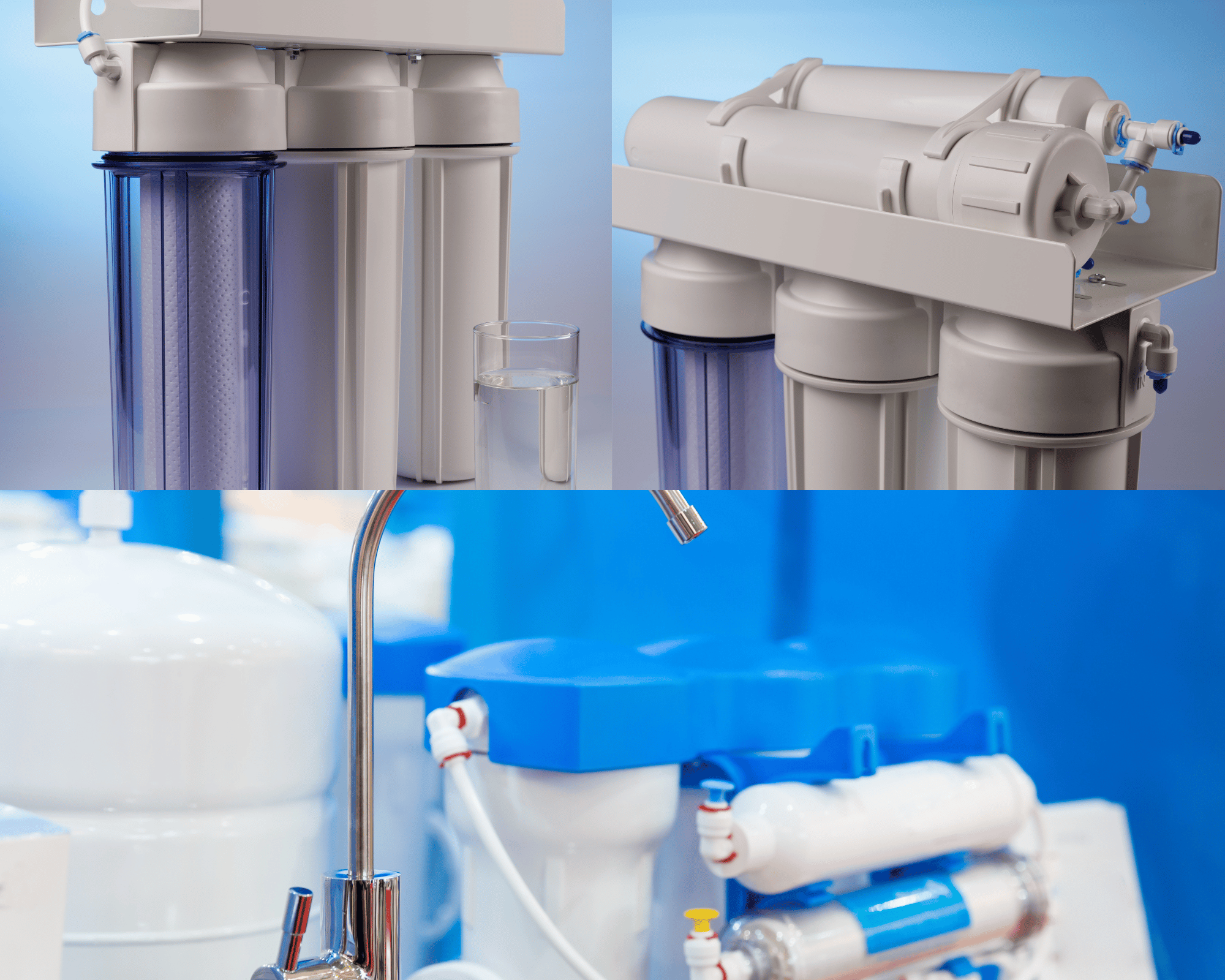In today’s fast-paced world, ensuring access to clean and safe drinking water is more crucial than ever. Activated carbon filters have emerged as a popular solution for purifying water, whether at home, during camping adventures, or even in aquariums, due to their effectiveness in water treatment. These filters are like the unsung heroes of water purification, quietly working behind the scenes to remove impurities and improve taste. But how do you make the most of them? Let’s dive into some practical tips and guides to help you navigate the world of carbon water filters.
Key Takeaways:
- Understand Your Needs: Different environments require different types of carbon water filters.
- Maintenance is Key: Regular upkeep ensures optimal performance and longevity.
- Choose Wisely: Selecting the right filter can significantly impact water quality and health.
In today's fast-paced world, ensuring access to clean and safe drinking water is more crucial than ever. Carbon water filters have emerged as a popular solution for purifying water, whether at home, during camping adventures, or even in aquariums. These filters are like the unsung heroes of water purification, quietly working behind the scenes to remove impurities and improve taste. But how do you make the most of them? Let's dive into some practical tips and guides to help you navigate the world of carbon water filters.
Understanding Carbon Water Filters
What is a Carbon Water Filter?
A carbon water filter is a type of water filtration system that uses activated carbon to remove impurities and contaminants from drinking water. Activated carbon, known for its highly porous structure, acts like a magnet for impurities, effectively improving the taste, odor, and overall quality of your drinking water. Whether you’re dealing with chlorine, volatile organic compounds (VOCs), or other organic compounds, an activated carbon filter can make a significant difference in the purity of your water.
How Do Carbon Filters Work?
Carbon filters operate through a process called adsorption. This is where the surface of the activated carbon attracts and holds onto impurities in the water. Thanks to its large surface area, activated carbon can capture a wide range of contaminants, including chlorine, VOCs, and other organic compounds. As water flows through the filter, these impurities are trapped by the activated carbon, resulting in clean, fresh-tasting water. This makes carbon filters an excellent choice for anyone looking to enhance the quality of their drinking water.
Choosing the Right Filter for Your Needs
Benefits of Carbon Block Filters
Carbon block filters are a popular choice among carbon water filters, and for good reason. One of their main advantages is their high contaminant removal ratio, making them highly effective at eliminating a wide range of impurities from drinking water. Unlike granular activated carbon (GAC) filters, carbon block filters boast a higher surface area, allowing them to capture more contaminants. They excel at removing chlorine and other chemicals that can negatively impact the taste and odor of your water. If you’re seeking a reliable and efficient way to improve your water quality, carbon block filters are an excellent option to consider.
Understanding Carbon Water Filters activated carbon
Carbon water filters are a staple in many households, known for their ability to remove contaminants such as chlorine, volatile organic compounds (VOCs), and unpleasant odors. The magic lies in the activated carbon, which acts like a sponge, trapping impurities as water passes through. This process not only improves the taste but also enhances the safety of your drinking water.
Carbon filtration is a highly effective method for removing contaminants from water, making it a crucial component in various water treatment systems. When considering a carbon water filter for home use, it’s essential to assess your specific needs. Are you dealing with hard water, or is your primary concern the removal of chlorine? Understanding these factors will guide you in selecting the best carbon water filters for home use. For instance, if you’re looking to improve the taste and odor of your water, a basic activated carbon filter might suffice. However, if you’re dealing with more complex contaminants, you might need a more advanced system.
Choosing the Right Filter for Your Needs carbon block filters
Selecting the right carbon water filter can feel like finding a needle in a haystack, given the plethora of options available. For those who enjoy the great outdoors, a carbon filter for camping is indispensable. These portable filters are designed to be lightweight and efficient, ensuring you have access to clean water no matter where your adventures take you. When looking for a carbon filter for your next camping trip, consider factors such as size, weight, and filtration capacity. Carbon block water filters are particularly noteworthy for their long lifespan, adherence to safety standards through third-party testing, and overall effectiveness compared to other methods like reverse osmosis.
For aquarium enthusiasts, a carbon water filter for aquariums is crucial in maintaining a healthy environment for aquatic life. These filters help remove toxins and impurities that can harm fish and plants. When choosing a filter for your aquarium, consider the size of your tank and the specific needs of your aquatic inhabitants. A well-chosen filter can make all the difference in creating a thriving underwater ecosystem.
Maintenance and Care carbon filters
Like any other household appliance, a carbon block filter requires regular maintenance to function effectively. Over time, the activated carbon becomes saturated with impurities, reducing its ability to filter water. To ensure your filter continues to perform at its best, it’s important to replace the carbon cartridge as recommended by the manufacturer. This simple step can significantly extend the life of your filter and maintain the quality of your water.
In addition to replacing the cartridge, regular cleaning of the filter housing is essential. This prevents the buildup of mold and bacteria, which can compromise the effectiveness of the filter. By keeping your filter clean and well-maintained, you can enjoy the benefits of fresh, clean water for years to come.
Expert Recommendations carbon filter
Finding the best carbon water filters for your home can be a daunting task, but expert recommendations can help simplify the process. Look for filters that have been tested and certified by reputable organizations, such as NSF International. These certifications ensure that the filter meets specific standards for contaminant reduction and performance.
When seeking expert recommendations for effective water filtration that suits your needs, consider consulting with a water quality specialist. They can provide valuable insights into the specific contaminants present in your water supply and recommend the most suitable filtration system. Reverse osmosis is an essential process that works in conjunction with carbon filtration to remove dissolved inorganic substances and radionuclides, enhancing the overall effectiveness of water treatment systems. By leveraging expert advice, you can make an informed decision and invest in a filter that will provide you with clean, safe water.
Practical Examples and Case Studies
To illustrate the effectiveness of carbon water filters, let’s explore a couple of real-world examples. Imagine a family living in an area with high levels of chlorine in their water supply. By installing a carbon water filter for home use, they were able to significantly reduce the chlorine content, resulting in better-tasting water and fewer skin irritations.
Mechanical filtration plays a crucial role in this process by straining out larger contaminants while allowing smaller particles to pass through, complementing the carbon filter's ability to eliminate specific impurities.
In another scenario, a group of campers relied on a portable carbon filter for camping during a week-long hiking trip. Despite being miles away from civilization, they had access to clean, safe drinking water, thanks to their trusty filter. These examples highlight the versatility and effectiveness of carbon water filters in various settings.
Summary
Carbon water filters are a versatile and effective solution for improving water quality in a variety of settings. Whether you're looking to enhance the taste of your tap water, ensure safe drinking water during camping trips, or maintain a healthy aquarium, there's a carbon filter to suit your needs. By understanding your specific requirements, choosing the right filter, and maintaining it properly, you can enjoy the benefits of clean, safe water for years to come.
FAQ
Q1: How often should I replace the carbon cartridge in my water filter?
A1: The frequency of replacement depends on the specific filter and usage. Generally, it's recommended to replace the cartridge every 3 to 6 months. However, always refer to the manufacturer's guidelines for the best results.
Q2: Can carbon water filters remove all types of contaminants?
A2: While carbon filters are effective at removing chlorine, VOCs, and certain odors, they may not remove all contaminants, such as heavy metals or bacteria. For comprehensive filtration, consider a multi-stage system that includes additional filtration methods.
Q3: Are carbon water filters suitable for well water?
A3: Yes, carbon water filters can be used for well water, but it's important to test the water first to identify specific contaminants. Depending on the results, you may need a filter that targets particular impurities found in well water.











